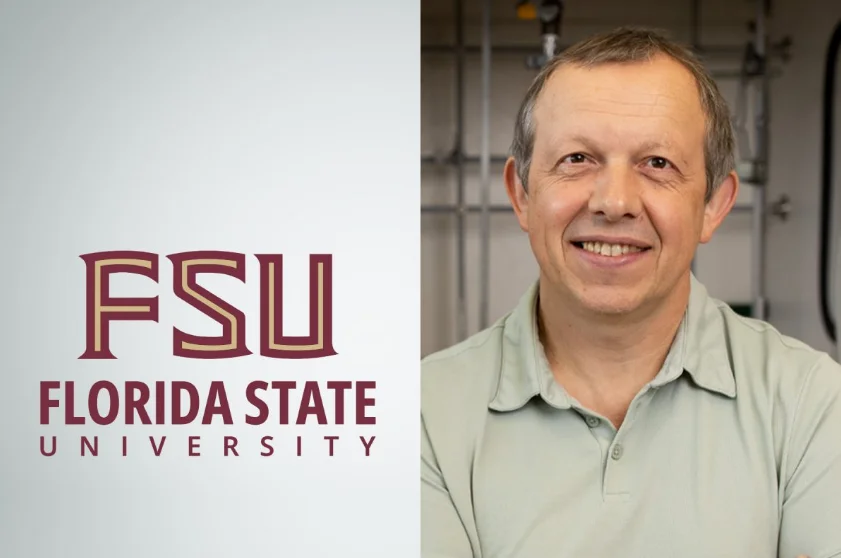Insider Brief
- Researchers from Waseda University in Japan have developed a novel algorithm called post-processing variationally scheduled quantum algorithm to help solve combinatorial optimization problems.
- These problems have applications in fields such as logistics, supply chain management, machine learning, material design and drug discovery.
- The algorithm uses a post-processing technique combined with variational scheduling to achieve high-quality solutions to COPs in a short time.
PRESS RELEASE — Conventional quantum algorithms are not feasible for solving combinatorial optimization problems (COPs) with constraints in the operation time of quantum computers. To address this issue, researchers have developed a novel algorithm called post-processing variationally scheduled quantum algorithm. The novelty of this innovative algorithm lies in the use of a post-processing technique combined with variational scheduling to achieve high-quality solutions to COPs in a short time.
Combinatorial optimization problems (COPs) have applications in many different fields such as logistics, supply chain management, machine learning, material design and drug discovery, among others, for finding the optimal solution to complex problems. These problems are usually very computationally intensive using classical computers and thus solving COPs using quantum computers has attracted significant attention from both academia and industry.
Quantum computers take advantage of the quantum property of superposition, using specialized qubits, that can exist in an infinite yet contained number of states of 0 or 1 or any combination of the two, to quickly solve large problems. However, when COPs involve constraints, conventional quantum algorithms like adiabatic quantum annealing struggle to obtain a near-optimal solution within the operation time of quantum computers. Recent advances in quantum technology have led to devices such as quantum annealers and gate-type quantum devices that provide suitable platforms for solving COPs. Unfortunately, they are susceptible to noise, which limits their applicability to quantum algorithms with low computational costs.

To address this challenge, Assistant Professor Tatsuhiko Shirai and Professor Nozomu Togawa from the Department of Computer Science and Communications Engineering at Waseda University in Japan have recently developed a groundbreaking post-processing variationally scheduled quantum algorithm (pVSQA).
“The two main methods for solving COPs with quantum devices are variational scheduling and post-processing. Our algorithm combines variational scheduling with a post-processing method that transforms infeasible solutions into feasible ones, allowing us to achieve near-optimal solutions for constrained COPs on both quantum annealers and gate-based quantum computers,” explains Dr. Shirai. Their study was published in the journal IEEE Transactions on Quantum Engineering on 13 March 2024.
The innovative pVSQA algorithm uses a quantum device to first generate a variational quantum state via quantum computation. This is then used to generate a probability distribution function which consists of all the feasible and infeasible solutions that are within the constraints of the COP. Next, the post-processing method transforms the infeasible solutions into feasible ones, leaving the probability distribution with only feasible solutions. A classical computer is then used to calculate an energy expectation value of the cost function using this new probability distribution. Repeating this calculation results in a near-optimal solution.
The researchers analyzed the performance of this algorithm using both a simulator and real quantum devices such as a quantum annealer and a gate-type quantum device. The experiments revealed that pVSQA achieves a near-optimal performance within a predetermined time on the simulator and outperforms conventional quantum algorithms without post-processing on real quantum devices.
Dr. Shirai highlights the potential applications of the algorithm, stating: “Drastic social transformations are urgently needed to address various social issues. Examples include the realization of a carbon-neutral society to solve climate change issues and the realization of sustainable development goals to address issues such as increased energy demand and food shortage. Efficiently solving combinatorial optimization problems is at the heart of achieving these transformations. Our new method will play a significant role in realizing these long-term social transformations.”
In conclusion, this study marks a significant step forward for using quantum computers for solving COPs, holding promise for addressing complex real-world problems across various domains.
For more market insights, check out our latest quantum computing news here.














